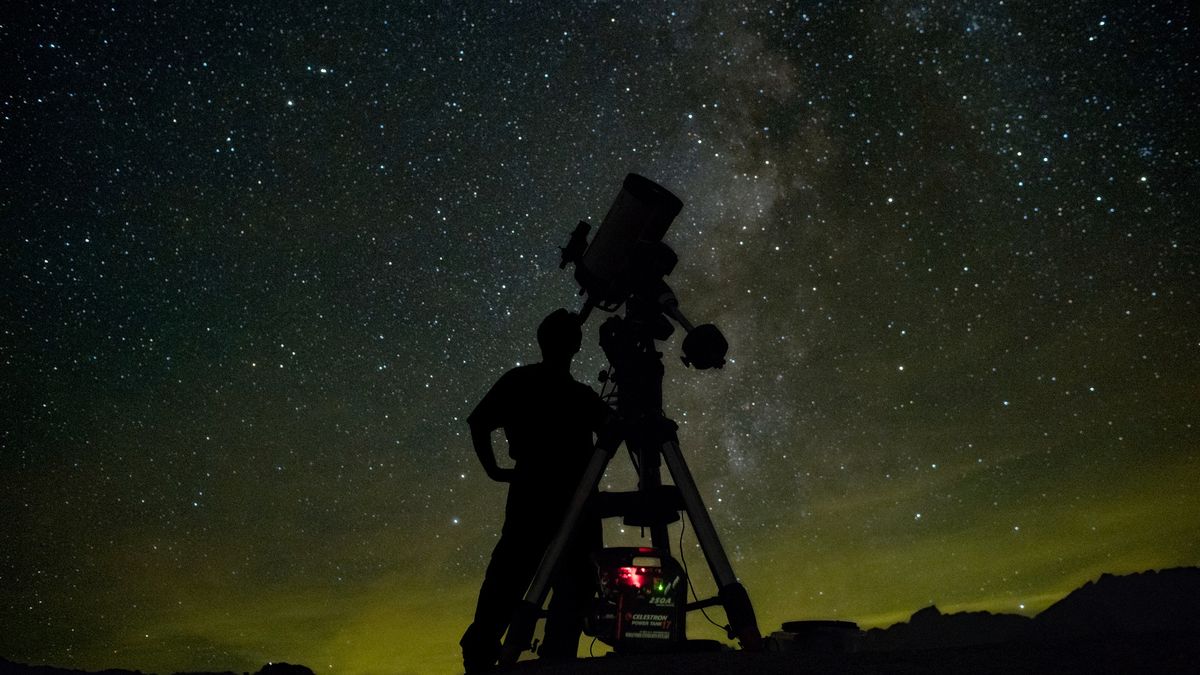Skywatchers who purchased telescopes from leading suppliers may be entitled to a payment from a $32 million class action settlement.
The settlement is a result of a lengthy legal saga involving telescope manufacturers controlled by Chinese family firms Synta Technologies and Ningbo Sunny, which, according to allegations in available documents, actively conspired to monopolize and divide up the U.S. amateur telescope market to fix prices and push out competitors.
The brands covered in the class action include the popular Celestron, Meade, Olivon and Sky-Watcher telescopes, which have for years been a mainstay of the U.S. amateur astronomer essential toolkit. Users have until May 20, 2025, to claim compensation from the settlement, which has been approved by the U.S. District Court in San Jose in November.
Telescopes bought between Jan. 1, 2005, and Sept. 6, 2023, are covered by the settlement including those made by Suzhou Synta Optical Technology, Nantong Schmidt Opto-Electrical Technology, Synta Canada International Enterprises, Pacific Telescope Corp, SW Technology Corporation, Sunny Optical Technology and Sunny Optics, in addition to the above-mentioned brands.
The alleged illegal conduct of companies addressed in this class action was first exposed by the 2016 lawsuit brought forward by the now defunct California-based telescope maker Orion Technologies.
The lawsuit, ultimately won by Orion in 2019, accused Taiwan-headquartered telescope manufacturer Synta Technology of conspiring with its main competitor — China-headquartered Ningbo Sunny — to monopolize the U.S. amateur telescope market and push Orion out of competition.
The class action documents describe close connections between the companies, directly or indirectly controlled by Synta Technologies owner David Shen and his family.
According to the available documents, Synta Technology helped Ningbo Sunny acquire the popular U.S. telescope maker Meade in 2013, having itself acquired America's most popular telescope distributor Celestron in 2005. The U.S. Federal Trade Commission blocked previous attempts by Celestron and other telescope producers to acquire Meade due to antitrust concerns, stating such mergers would have created monopoly conditions in the market for telescopes. Ningbo Sunny, however, managed to circumvent the rules by concealing its links to Synta.
Following the acquisition, Synta and Ningbo Sunny agreed to divide the telescope market and not compete against each other with Synta focusing on the higher-end amateur telescope market through Celestron and Ningbo Sunny targeting the lower-cost market through Meade products, the documents state.
In the absence of competition, American astronomy enthusiasts have paid hundreds of millions of dollars for overpriced products during the two decades, in which the conspirators controlled the market, the documents allege.
The class action complaint, available online via the Telescopes Antitrust Litigation Indirect Purchaser Actions Settlement website, states that "several former competitors of Synta and Ningbo Sunny have sold off or shut down their telescope businesses" as they were "unable to achieve needed sales volumes and margins."
The latest victim in the telescope manufacturer extinction wave is Orion, which, despite its successful lawsuit against Synta and Ningbo, abruptly ceased operations in July 2024. The Meade brand hadn't survived either, having been bought by Orion from Ningbo Sunny in 2021. The website of Olivon is also no longer accessible.
The Telescopes Antitrust Litigation Settlement Administrator hasn't responded to Space.com's repeated emails and neither has Celestron. Sky-Watcher, which sells telescopes made by Synta Technologies, said the firm "continues to dispute all the claims and deny any wrongdoing."
The spokesperson said, however, that the firm wanted to "put the issue behind us" and considered the settlement to be a business decision "in the best interest of the company, the industry and our customers."
Because the parties reached a settlement, the court will not be deciding whether the alleged conspirators have breached U.S. anti-trust laws. However, in the earlier Orion case, the United States District Court in the Northern District of California found the Chinese firms in breach of the Sherman Act and the Clayton Act, which prohibit anti-competitive business practices. The judge ordered Ningbo Sunny to pay $50.4 million to Orion while Synta settled for just $500,000 before the case went in front of the jury.
The class action settlement final approval hearing is set for early April, after which class members will be able to access compensation.
The U.S. amateur telescope market was worth some $1.21 billion in 2023 and is expected to grow to $1.37 billion by 2032, according to SkyQuest.

.jpg) 4 hours ago
1
4 hours ago
1

 English (US)
English (US)